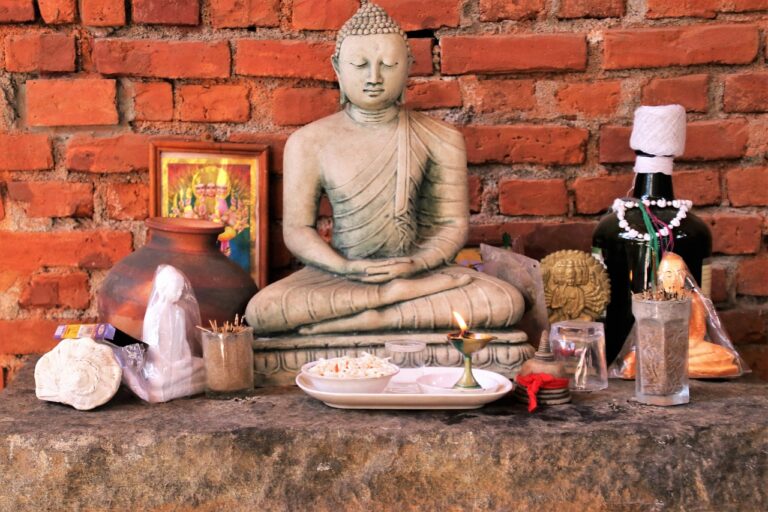Wine and Cultural Heritage: Preserving Traditions through Winemaking: Betbhai9 login, Radhe exchange registration, 99 exchange
betbhai9 login, radhe exchange registration, 99 exchange: Wine and Cultural Heritage: Preserving Traditions through Winemaking
Did you know that winemaking is not just a process of creating a delicious beverage, but also a way to preserve cultural heritage and traditions? It’s true! Wine has been an integral part of many cultures around the world for centuries, and the techniques and practices of winemaking have been passed down from generation to generation.
In this article, we will explore the vital role that wine plays in preserving cultural heritage and traditions through winemaking. From the ancient vineyards of Europe to the new world wineries of the Americas, wine has a rich history that continues to shape our world today.
History of Winemaking
The history of winemaking dates back thousands of years, with evidence of wine production found in ancient civilizations such as the Egyptians, Greeks, and Romans. These early winemakers developed techniques for cultivating grapes, fermenting the juice, and aging the wine in wooden barrels.
Throughout the centuries, winemaking has evolved and spread to different regions of the world, each with its unique traditions and practices. In France, for example, winemaking is a highly regarded art form, with strict regulations governing the production of wines in regions such as Bordeaux, Burgundy, and Champagne.
Preserving Cultural Heritage
Winemaking is not just about creating a delicious beverage; it’s also about preserving cultural heritage and traditions. Many winemakers around the world take pride in using traditional methods passed down through generations to produce their wines. These methods often reflect the values and beliefs of the culture in which they were developed.
For example, in Italy, winemakers follow centuries-old practices of fermenting grapes in large clay vessels called amphorae. In Spain, winemakers age their wines in underground caves dug into the mountainside. These traditions not only produce unique and flavorful wines but also help to preserve the cultural identity of the regions in which they are produced.
Supporting Local Communities
When you purchase wine from small, family-owned wineries, you are not just buying a bottle of wine; you are also supporting local communities and preserving cultural heritage. Many of these wineries rely on traditional methods of winemaking to produce their wines, which in turn helps to sustain local economies and traditions.
By supporting these wineries, you are helping to ensure that centuries-old practices of winemaking continue to thrive and that the cultural heritage of these regions is preserved for future generations. So next time you’re in the wine aisle, consider reaching for a bottle from a small, family-owned winery and toast to preserving cultural traditions through winemaking.
FAQs
Q: Are traditional winemaking practices more sustainable than modern methods?
A: While traditional winemaking practices may be more labor-intensive, they often result in wines that are more authentic and reflective of the terroir in which they are produced. Additionally, many traditional methods are more environmentally friendly and sustainable than modern industrial winemaking practices.
Q: How can I support small, family-owned wineries?
A: One of the best ways to support small wineries is to purchase their wines directly from the winery or through local wine shops. Visiting wineries for tastings and tours is also a great way to support these businesses and learn more about their cultural heritage.
Q: What can I do to help preserve cultural heritage through winemaking?
A: You can help preserve cultural heritage through winemaking by learning about the history and traditions of winemaking in different regions, supporting small wineries that use traditional methods, and sharing your knowledge and passion for wine with others. By doing so, you can help ensure that these cultural traditions continue to thrive for generations to come.







